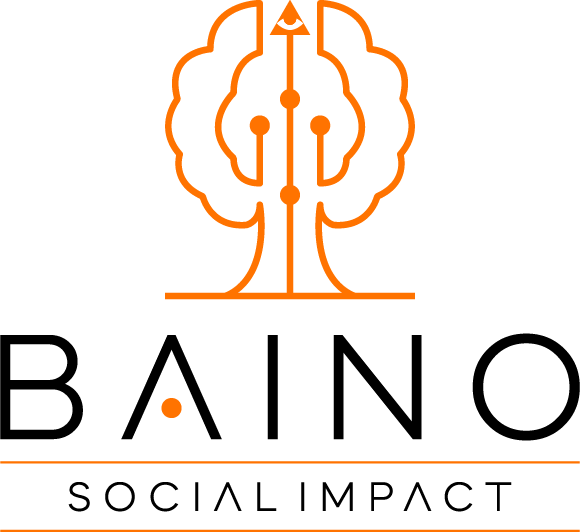Busoga region needs programs designed to train participants in practical skills.

“Technical and vocational education” is a comprehensive term referring to those aspects of the educational process involving, besides general education, the study of technologies and related sciences and the acquisition of practical skills, attitudes, understanding, and knowledge relating to occupations in various sectors of economic and social life.
Vocational education prepares people to work in a skilled craft or trade or as artisans.
Vocational education can occur at the post-secondary, further education, or higher education level and interact with the apprenticeship system.
Technical training takes deliberate intervention steps to bring about learning that makes people more productive. However, it can deliver other purposes that are not unique to its traditional practical definition – and apply to other forms of education.
A training workshop is interactive training whereby participants carry out several training activities rather than passively listen to a lecture or presentation. Broadly, two types of workshops exist; a general workshop run for a mixed audience and a closed workshop tailored towards meeting the training needs of a specific group.
The latter is specialised training, a channel through which people’s skills can be built and improved to reach acceptable effectiveness.
The people of the Busoga region desperately need such projects and several related programs that train or introduce participants to practical skills, techniques, or ideas they can use in their work or daily lives.


The future of Busoga community development craves quality, specialised knowledge and skills to act as a foundation to base all efforts to get the region out of its current modest conditions.
Members need continuous connection with new and better knowledge and resources that will help strengthen the structure to develop the capacity to move forward with vigour. Properly functioning and well-equipped training workshops, therefore, are fundamental.
All activities in this project will enhance knowledge and offer an efficient way to transfer skills to new upcoming students to increase further the quality and quantity of the knowledge and skills within the region.
The Workshop Learning Method Is a
Practical Approach
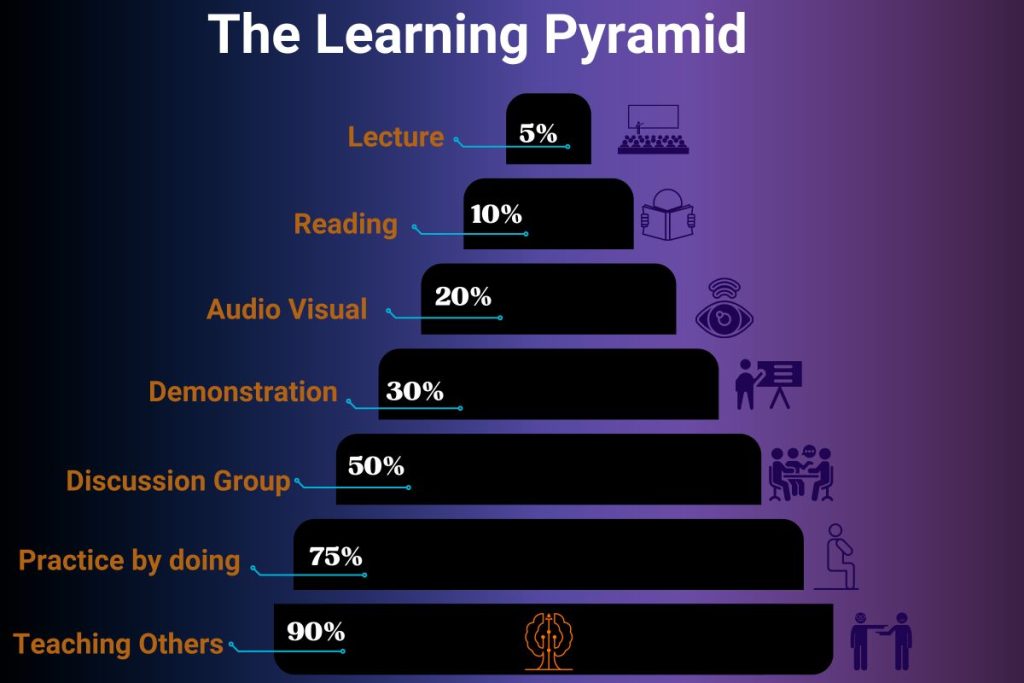
According to The Learning Pyramid, lecture, reading, audio-visual, and demonstration are passive learning methods, whereas practical training – in a workshop – is an active learning method.
It is hands-on (experiential learning). It is practice-by-doing, resulting in much higher learning retention. While each method has pros and cons, hands-on training remains a very effective learning method.
Practical learning is a quicker and more dependable way to grow, generate applicable ideas, and become more profitable. It provides physical and direct practical experiences because it requires manual operations, control, and adjustments.
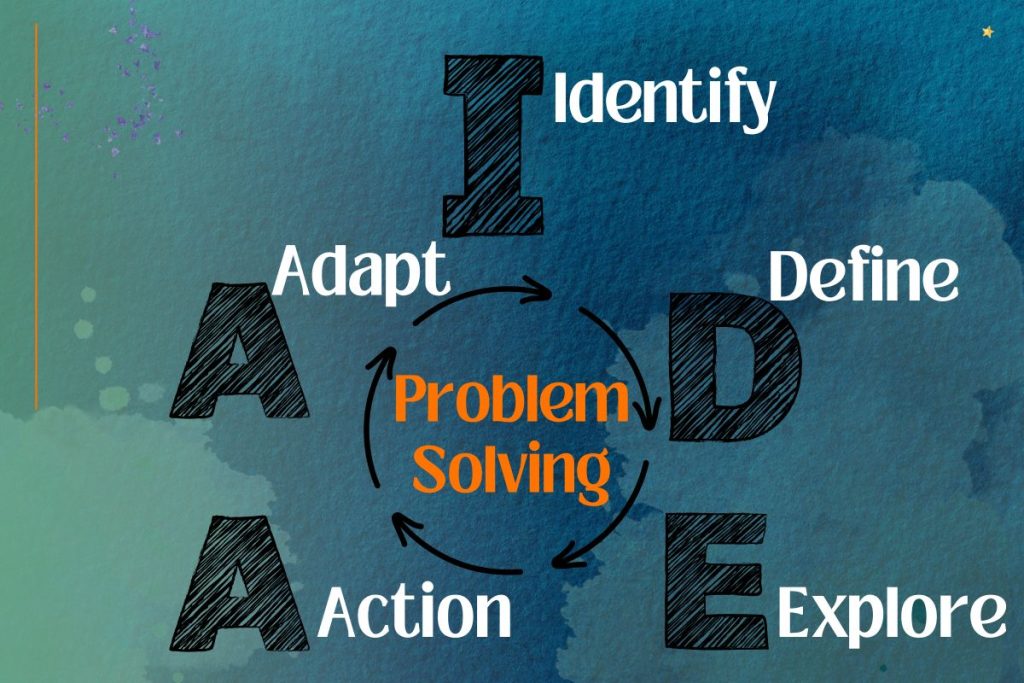
Practical training workshop programs combine two fundamental ideals that nurture people’s skill sets and knowledge for a more rounded end product. That is, one part emphasises problem-solving approaches while the other highlights the actual participant’s hands-on involvement in solving the problem at hand.
The second part highlights skill building and competence for a specific knowledge area to improve capability, capacity, performance, and productivity.
This project is boosted by the notion that for a person to have more control over their fate, their mental and physical abilities must be developed. Mental acuity and physical strength create that uniquely desired balance.
Usually, technical and vocational programs are structured and organised for teams to collaborate in a way that ensures solid outcomes while avoiding the usual pitfalls of politics, asymmetrical knowledge, and differences in working styles. It is an approach that minimises bias and fosters measured discussion and uninterrupted ideation.
Workshops are an antidote to holding haphazard and ambiguous open discussions about what must be done instead of simply doing what must be done. This tremendous advantage requires attention throughout the three phases of conducting a workshop: planning, preparation, and implementation.
The concluding phase of following up with participants’ independent related activities is also vital. It’s always important to get feedback from graduates and encourage them to keep improving and harnessing their skills.
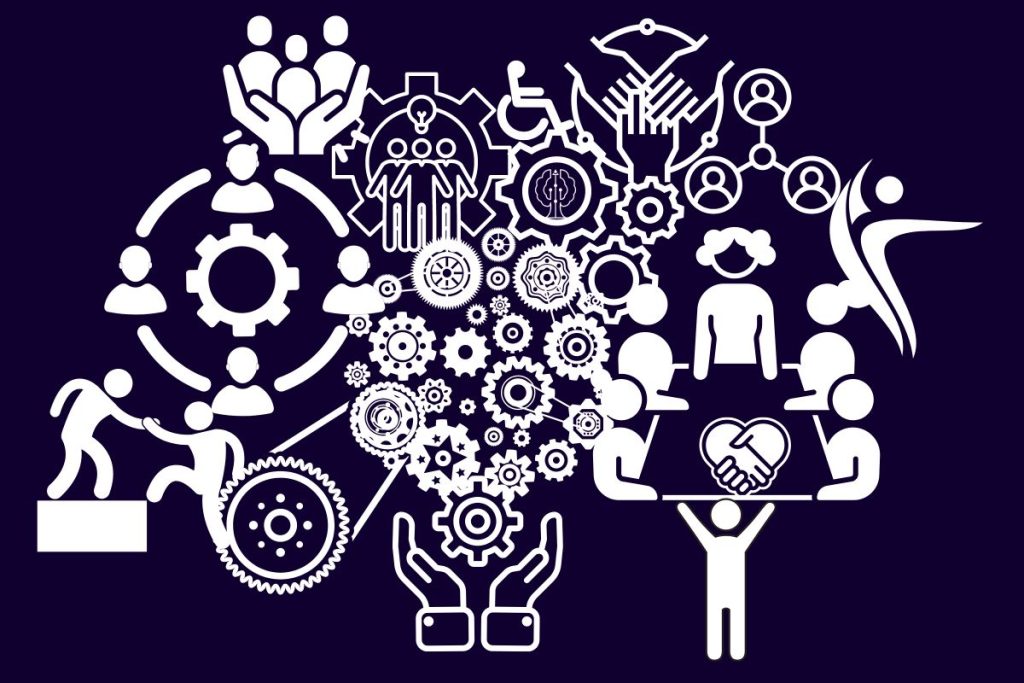
The Training Workshop Is Effective
The approach of practical training in vocational and technical training is very effective. If it is not hands-on training, it is not a workshop.
It is not a conference, not congress, not seminar, not a summit, and not a symposium, tutorial, or simulation. It is a training workshop – a hands-on application of whatever is being taught, individually or in a group.
Practical training is a sure way for an instructor to determine whether a learner adequately picked up a new skill or process. It’s an approach that speeds up learning as it creates self-directed learners. It motivates students, increases engagement, and delivers strong ROI.
The best technical and vocational programs are built on three pillars: education, research, and advocacy.
Actual practical training instils a sense of liberation. This quality promotes equality and traits contributing to a better society and world.
Although other study methods are equally important, the technical and vocational project has unique advantages for dealing with the Busoga region’s current circumstances. For instance, creating an intensive practical educational experience in the shortest time possible is necessary. Such a motive can be achieved only with a workshop mentality.
A training workshop approach can quickly introduce a new concept, demonstrate how it works, and spur participants to investigate it further.
- Through feedback from both the presenter and peers in the group, it is easier for practical learning to take place. Also, participants understand what they can do to avoid failure in an independent real-life situation. The greater the number of different ways participants can experience the concept, the more likely they will understand it more profoundly.
- It also offers the easiest path for someone to pass on ideas and methods that have been developed or proven valuable. If people are to use what they're learning in real life, they must practice those new ideas as often as possible.
- Especially for people who work together, a workshop can help create a sense of community or common purpose among participants.
Besides grasping practical skills, a hands-on approach in this project enhances soft skills like entrepreneurship, intellectual property, marketing, cyber security, etc. We decide to manage these skills within one institution, or we can outsource them.
In planning, it’s essential to consider the workshop’s audience, size, length, and purpose, as well as your presentation options. Preparation includes psychological and logistics practices (managing the physical items, materials, equipment, etc.).
The actual heartbeat of implementing the objectives of the vocational and technical project lies in facilitation.
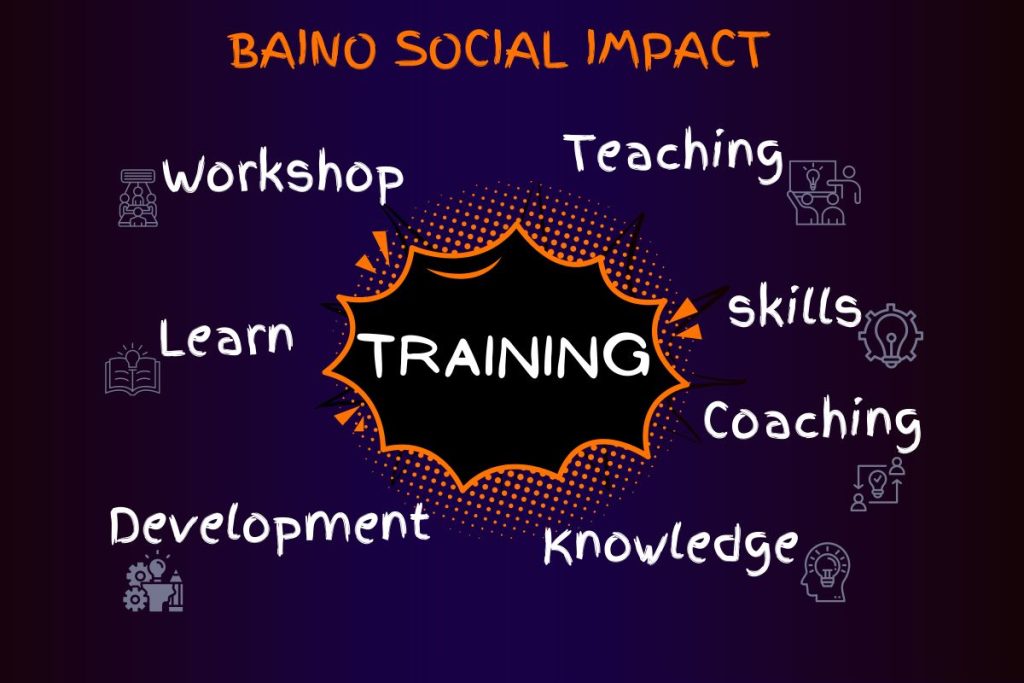
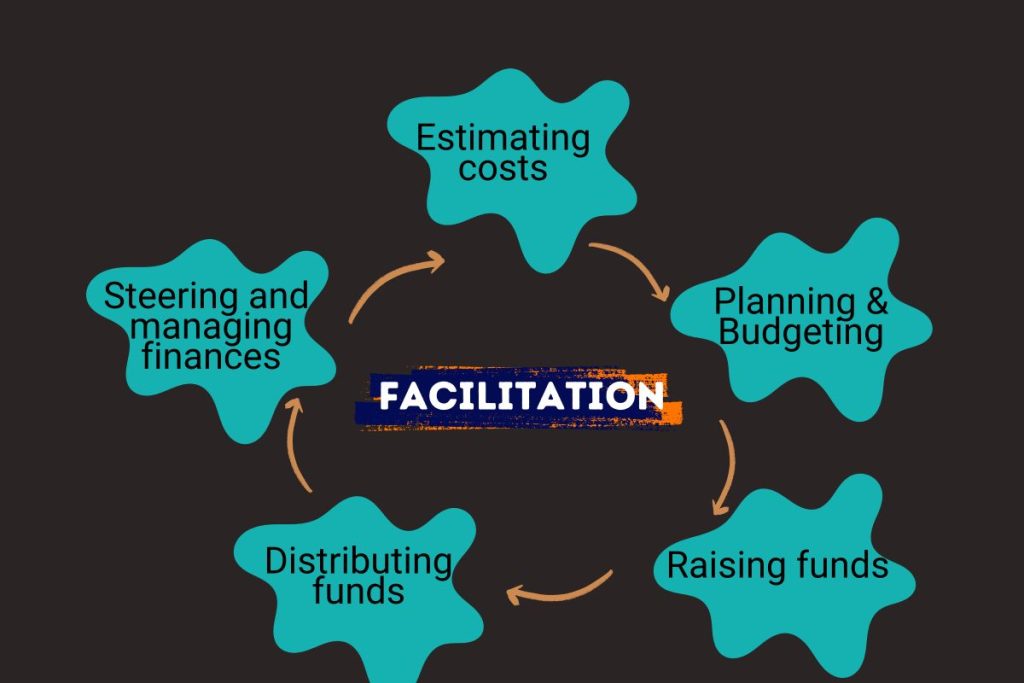
Facilitation could be more useful in vocational programs than the actual practice of administering instructions. Virtually all good teaching is strongly enhanced and reinforced by facilitation. With facilitation in place, it is easier to provide meaningful opportunities for learners to practise, on their own, the skills they’ve been learning.
To learn anything, especially at the deepest level, one must experience it, wrestle with it, reflect on it, and live with it. From this basis, students can sort out what is not working in their world rather than being told what they are supposed to think or how to approach an issue.
Facilitation gives them the opportunity, time, and space to match the skills they have learned in the real world and the philosophy that drives it all.
